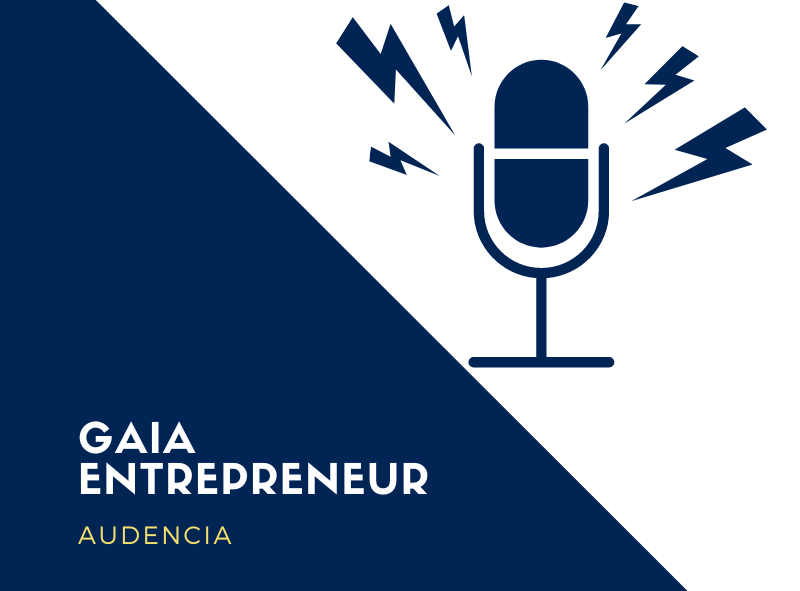Gaïa Entrepreneur – E27 – Ronan Collin – N’go
Podcast: Play in new window | Embed
I. Background story
- Can you please introduce yourself and briefly present N’Go? Why did you come up with this entrepreneurial idea?
- Can you share about N’go competitive advantages? What differentiate your company from the other competitors (like Veja)?
- Based on your experience, how aspiring entrepreneurs can identify/recognize an impactful & responsible entrepreneurial opportunity? For example, how did you guys identify the opportunity to partner with the local artisans and manufacture shoes in Vietnam?
- What are the specific skills/ knowledge you think that are crucial for a social entrepreneur like you to take environmental & social challenges into account (focus on the nature of problem solved)?
II. Company’s strategy
- We know that you are working now with 3 weaving partner co-operatives and 1 production company in Vietnam. So, how do you manage demand fluctuations since N’Go is a start-up, not a big corporation and has only few suppliers? When there is a surge in the consumer demand, how do you manage the supply, and at the same time, with the ethical perspective that you have in your business model?
- Your direct competitor now is Veja, what is the company’s strategy in terms of pricing and marketing to attract new customers and compete with Veja (now and in the future), while maintaining your sustainability-driven business model ?
- N’GO is a start-up that drives changes in the shoe production field towards a more sustainable process and lifestyle. What are the key aspects that you measure in terms of efficiency – the balance between sustainability and profitability? How do you measure it?
- This question is about N’Go’s Second-life project. Can you introduct a littie bit about this project? What is the purpose of it and How is it progressing? Are there other initiatives that are targeting either recycling or circularity?
- Talking about the product design, during the whole decision-making process, is there any moment that the decisions on sustainability and circularity can be sacrificed for product quality or vice versa, regarding N’Go’s goal to produce high-quality shoes? Do you frequently see yourself having to make the trade-off between quality and sustainability?
- We know that one of N’Go’s ultimate goal is extending the lifespan of shoes usage. The longer it lasts, the fewer shoes need to be produced and recycled. So, do you create the KPIs target for this goal?
What N’Go is conducting to gain a deeper understanding on the product life cycle and your customers to estimate “how long your product lasts with them”?
III. Looking forward
- Now, let’s talk about carbon footprint. As we have seen in your Bilan carbone, N’Go has been progressing intensively on different aspects to control and reduce its C02 emissions impact. What is your next step to reduce your carbon footprint? Have you thought of moving the manufacturing factory to France since we think this transformation can reduce a huge amount of C02 emissions from transportation and human resources relocation?
- Last question, N’Go is experiencing expansion and growing fast, especially with your new strategic plans and new fundings. Let’s go back to the core of N’Go business operations – this expansion will demand N’Go to develop new suppliers and scale up the whole business. Are you going to have to partner with more suppliers?
How do you foresee this expansion and what actions are you planning to take to manage and ensure that all stakeholders/ suppliers’ operations are aligned with your ethical values?
A podcast recorded by HOANG Thi kieu chi, WANG Jiayu, YU Zhiwen

